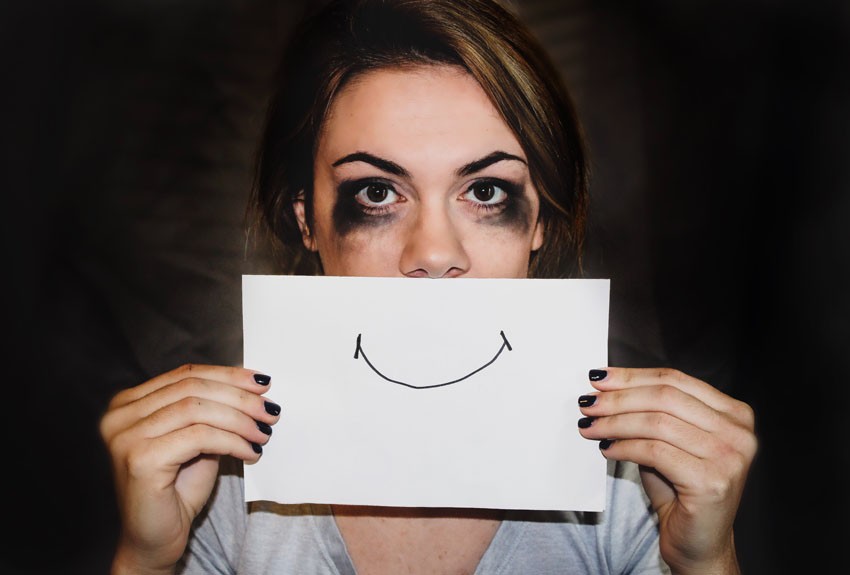The SANE Blog
Five things people get wrong about anxiety and depression
Around three million Australians are affected by anxiety or depression.
It's a mental health issue that should be familiar to many. It may be a parent, sibling, spouse or friend, but someone you know will have experienced anxiety or depression at some stage in their life.
Yet, despite the prevalence and improved understanding, people living with anxiety or depression often experience stigma and misunderstanding. A laugh. A snide comment. A generalisation. No matter the malice, stigma hurts and can stop people from seeking help.
To help break down the stigma we asked five SANE Peer Ambassadors to list what people get wrong, and what they wished people knew about anxiety and depression.
They think I'm going to kill myself
When I have suicidal thoughts people assume it means I'm going to end my life. They instantly panic, rather than letting me explain what it means to me.
Likewise, if I am going through a period of depression, people assume that it means I will be isolated and at home alone.
And what I wish they knew . . .
My symptoms are my 'normal'. People don't understand that I don't want them to feel sorry for me.
– Stefani
You can smile and have depression
'You have depression? But you seem so happy!'
Yes, it's a combination of faking it and the fact that people can be happy and depressed at the same time.
And what I wish they knew . . .
Movies and TV rarely get the symptoms of depression and anxiety right. And people with mental illness are still people. We're all different. Try not to approach the subject with too many assumptions.
– Harrison
It's not a phase
Some people think it's just a phase and it's something that will pass.
That's why so many advocates are doing amazing things and sharing their lived experiences in a bid to shed light on it.
And what I wish they knew . . .
I can't just 'get over it'. I need time to utilise my self-care plan to assist in moving forward through the hard times.
– Patrick
I can't dictate when the panic hits
People either think that you're 'crazy', or that it's something controllable, like flicking a switch and turning it off. Some even think that I should just be able to ignore it.
And what I wish they knew . . .
The symptoms can be powerful, and they're not something you can just brave through, or ignore. They are very real. It doesn't mean I'm weak. That'd be like telling somebody who suffers from Diabetes that they're weak. It's part of who I am and the symptoms are just as real as a broken bone.
– Les
No two people are the same
Many people assume that my experience is the same as someone else they know. True there are lots of similarities, but just because your brother was helped by a certain therapy or had a certain experience doesn't make it relevant to me.
Conversely, people think that I'll know the secret to help someone else who's struggling. I can – and very willingly do – give advice based on my own experience, with the caveat that I am not the other person and everyone's experience, history and perception is different.
And what I wish they knew . . .
I don't want anyone to really know about my symptoms, I just want them to understand that it's an ongoing process. I am learning, adapting and implementing changes. But I struggle and may well always struggle.
I really want people to understand that perception isn't necessarily reality. If you think someone is doing better that doesn't mean they don't go home each night and cry until they can't breathe.
Don't assume if I'm grumpy it's because of my depression or anxiety – sometimes I just have very typical crappy days just like everyone else.
– Lisa
For more information see SANE's Facts and Guides on anxiety or depression.
When you subscribe to the blog, we will send you an e-mail when there are new updates on the site so you wouldn't miss them.
